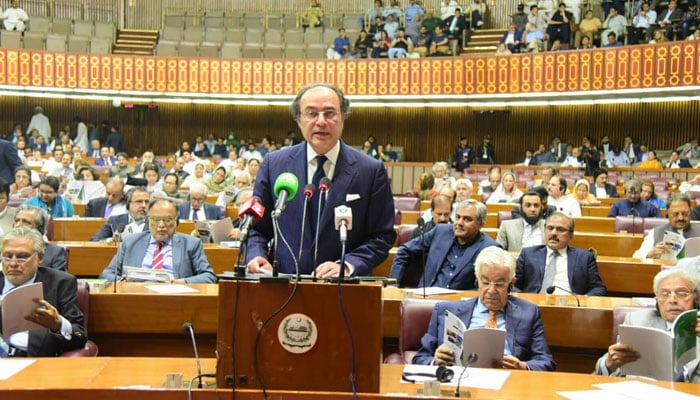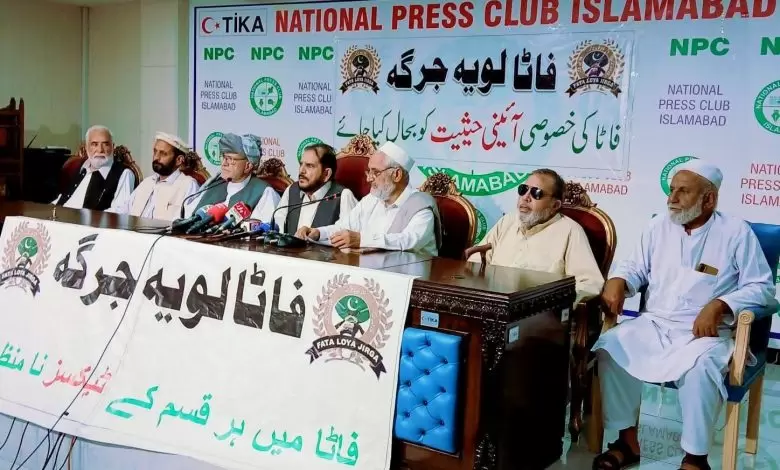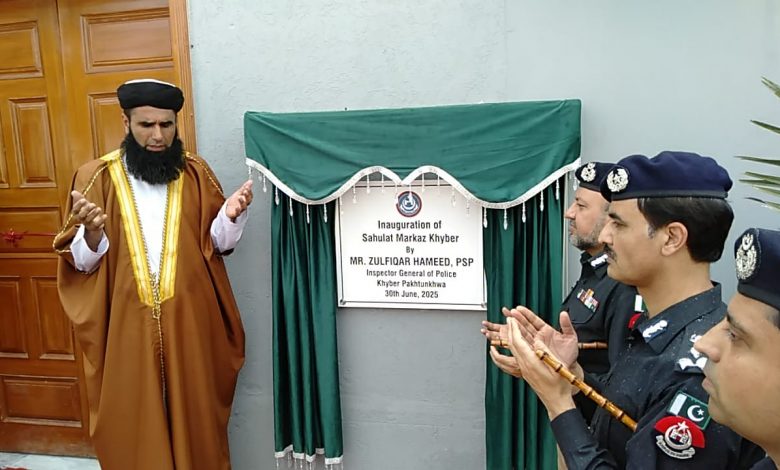
The federal government is set to unveil a massive Rs18 trillion budget for the upcoming fiscal year in the National Assembly today, introducing nearly Rs2 trillion in new taxes, with significant implications for the country’s salaried individuals and pensioners.
According to budget documents, the government has proposed a 10 percent increase in salaries for federal employees across the board, coupled with a 10 percent rise in pensions for retired government workers. An additional 30 percent disparity allowance is also expected to be granted to employees in grades 1 to 16, offering some much-needed financial relief amid persistent inflation.
To further ease the burden on the salaried class, the government is proposing a reduction of 2.5 percent in income tax rates across all salary slabs, which could provide incremental relief to millions of employees.
Also Read: CTD Officers Face Arrest Warrants for Defying Court Orders
For pensioners, the allocation for pensions has been set at a substantial Rs1,055 billion. This increase comes as the retired community continues to struggle with rising living costs and shrinking purchasing power.
Meanwhile, the government is targeting a tax revenue collection of Rs14.13 trillion and non-tax revenue of Rs5.17 trillion. To meet these ambitious goals, all sectoral tax exemptions are expected to be withdrawn, and a new carbon levy of 2.5 percent is being proposed.
Interest payments on debt will account for Rs8.21 trillion, the largest single expenditure item, while defense spending is expected to reach Rs2.55 trillion.
In a move likely to affect household budgets, petroleum levy is set to rise from Rs78 to Rs100 per litre, targeting Rs1.3 trillion in revenue. Additionally, the General Sales Tax for non-filers may be increased from 18 to 20 percent, and stricter tax collection measures on retailers are expected.
Freelancers, YouTubers, and non-filers will also face new taxation measures, while a tax on cash withdrawals exceeding Rs50,000 by non-filers is expected to double from 0.6 percent to 1.2 percent.
The budget proposes Rs1 trillion for federal development projects, including the Rs120 billion upgrade of the N-5 highway, and Rs355 billion for development of state-owned enterprises. Provincial transfers will amount to Rs8.21 trillion, with a combined provincial development budget of Rs3.3 trillion.
Subsidies amounting to Rs1.186 trillion are also part of the budget plan.
The budget has been formulated with close attention to the ongoing negotiations with the International Monetary Fund (IMF), reflecting efforts to ensure fiscal discipline while attempting to balance social needs.
Speaker Ayaz Sadiq will preside over the National Assembly session, scheduled to begin at 5 PM today. Following the recitation of the Quran, Hadith, Naat, and the national anthem, Finance Minister Muhammad Aurangzeb will formally present the budget and accompanying Finance Bill 2025 to the House.
1.jpeg)
01 Jul, 2025
.jpeg)
01 Jul, 2025

.jpeg)


